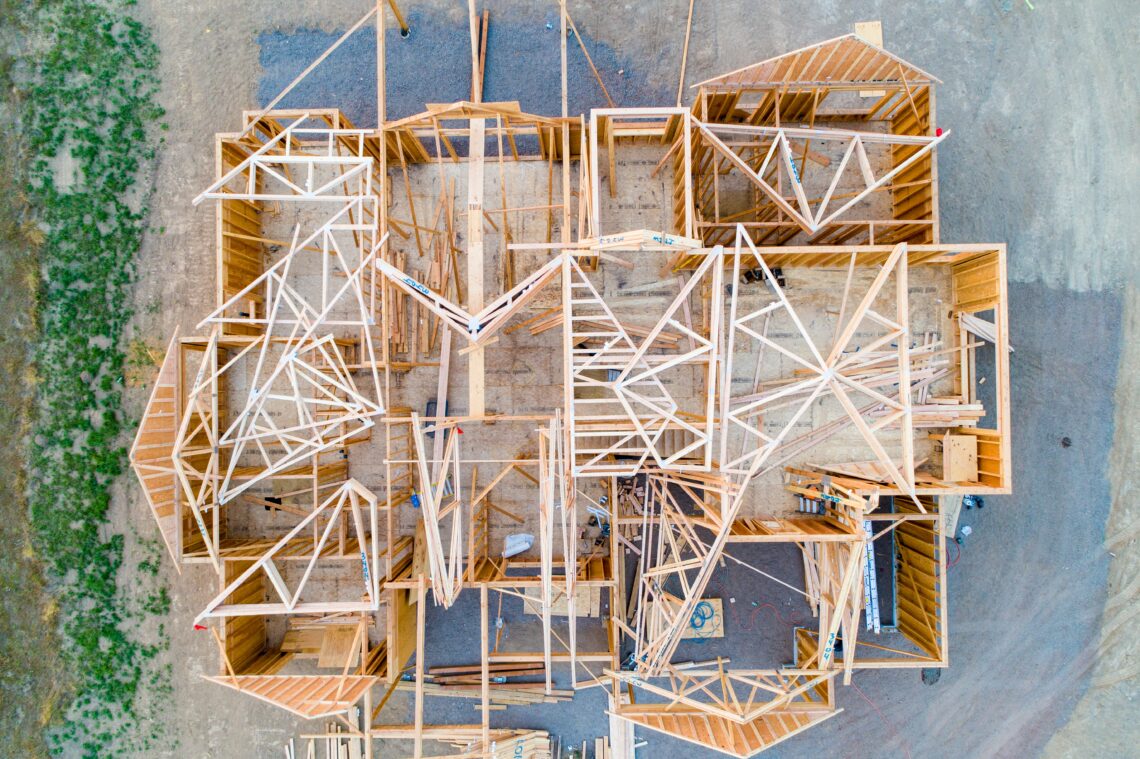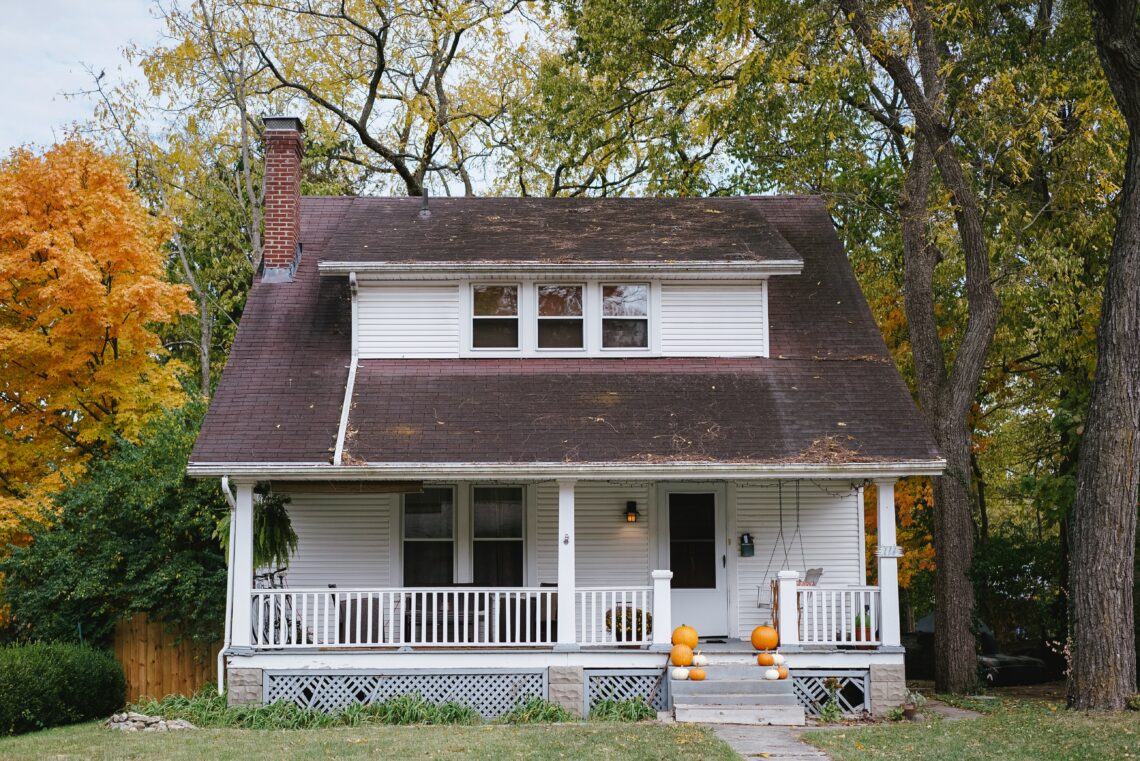Buying a home is a significant financial decision, and it’s essential to make the right choice. One of the primary decisions you’ll have to make is whether to buy a new construction or a resale home. Both options have their advantages and disadvantages, and understanding the differences between them can help you make an informed decision. In this blog post, we’ll explore the pros and cons of each option, along with some helpful tips to guide you through the process.

New Construction Homes
Pros:
- Customizable: One of the biggest advantages of buying a new construction home is that you can often customize it to your liking. From choosing the floor plan to selecting finishes, you have more control over the design and layout of your home. You can work with the builder to create a home that meets your needs and reflects your personal style. This can be a huge advantage if you have specific requirements, such as a home office, a large kitchen, or a master suite on the main level.
- Energy Efficient: New construction homes are often built with energy-efficient materials and appliances, which can lead to lower utility bills and a smaller carbon footprint. Many builders use green building practices and technologies, such as solar panels, high-efficiency HVAC systems, and insulation, to help you save money and reduce your environmental impact.
- Warranty: Most new construction homes come with a warranty, which can give you peace of mind and protect you from unexpected repairs. Builders typically offer a one-year warranty on workmanship and materials, as well as a longer structural warranty that covers major defects. This means that if something goes wrong with your home, you can get it fixed without incurring additional costs.
Cons:
- Higher Price: New construction homes are often more expensive than resale homes, due to the cost of materials and labor. Builders have to cover their expenses and make a profit, which can drive up the price of a new home. You may also have to pay for upgrades and add-ons, such as landscaping, window treatments, and appliances, which can add to the overall cost.
- Limited Location: New construction homes are typically built in new developments, which may not be in established neighborhoods with mature trees and amenities. If you’re looking for a home in a specific area with a certain vibe, a new construction home may not be the best fit. You may also have to deal with construction noise, dust, and traffic during the building process.
- Longer Wait: Building a new home can take several months, if not longer. This means you’ll have to wait longer to move in and may need to find alternative housing in the meantime. If you’re on a tight timeline or need to move quickly, a new construction home may not be the best option.
If you’re considering buying a new construction home, here are some tips to keep in mind:
- Research the builder: Do some research on the builder before you commit to buying a new construction home. Look at their portfolio, read reviews from previous customers, and check their credentials and certifications. This will help you get a sense of their reputation and track record.
- Get pre-approved for a mortgage: Before you start looking at new construction homes, get pre-approved for a mortgage. This will give you a better sense of your budget and help you avoid falling in love with a home that’s out of your price range.
- Hire a real estate agent: Consider hiring a real estate agent who specializes in new construction homes. They can help you navigate the building process, negotiate with the builder, and make sure you get the best deal possible.

Resale Homes
Pros:
- Lower Price: Resale homes are often less expensive than new construction homes. Because they’ve been previously lived in, you can often find resale homes in established neighborhoods with mature trees and amenities, such as parks, schools, and shopping centers.
- Location: Resale homes can be found in a variety of locations, from urban areas to suburban neighborhoods to rural communities. If you’re looking for a home in a specific area with a certain vibe, a resale home may be the best fit.
- Move-in Ready: Resale homes are typically move-in ready, which means you can move in as soon as you close on the sale. This can be a huge advantage if you’re on a tight timeline or need to move quickly.
Cons:
- Maintenance and Repairs: Resale homes may require more maintenance and repairs than new construction homes, depending on their age and condition. You may have to replace appliances, repair the roof, or update the plumbing or electrical systems. These costs can add up over time and can be a significant expense.
- Less Customizable: Resale homes are typically sold as-is, which means you may have limited options for customization. While you can make changes to the home after you move in, such as painting or remodeling, you may not have as much control over the design and layout as you would with a new construction home.
- Energy Efficiency: Resale homes may not be as energy-efficient as new construction homes. They may have older appliances, less insulation, and outdated heating and cooling systems, which can lead to higher utility bills and a larger carbon footprint.
If you’re considering buying a resale home, here are some tips to keep in mind:
- Get a home inspection: Before you buy a resale home, get a home inspection from a qualified inspector. This will help you identify any potential issues with the home, such as mold, pests, or structural problems, and give you an idea of what repairs may be needed.
- Research the neighborhood: Do some research on the neighborhood before you commit to buying a resale home. Look at the crime rate, school district, and proximity to amenities such as parks, restaurants, and shopping centers. This will help you get a sense of whether the neighborhood is a good fit for you.
- Consider renovation costs: If you’re planning to renovate or update the home, factor in the cost of those renovations when calculating your budget. You may need to hire contractors, buy materials, and obtain permits, which can add to the overall cost of the home.
In conclusion, there are pros and cons to both buying a new construction home and a resale home. Ultimately, the decision depends on your personal preferences, budget, and timeline. By considering these factors and doing your research, you can make an informed decision that’s right for you.
Related Links:
- Customizable home options: https://www.newhomesource.com/blog/buying-a-new-home-vs-a-resale-home-what-you-need-to-know/
- Energy-efficient building materials: https://www.energystar.gov/newhomes/benefits
- Home warranties: https://www.investopedia.com/terms/h/home-warranty.asp
- Researching builders: https://www.newhomesource.com/blog/10-tips-for-choosing-a-new-home-builder/
- Pre-approval for a mortgage: https://www.bankrate.com/mortgages/pre-approval/


Leave a Reply